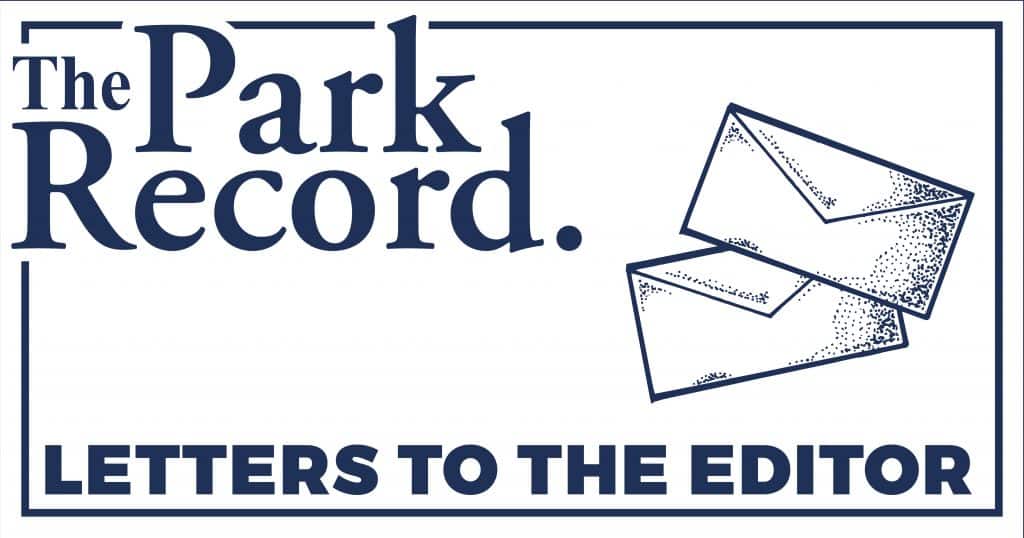The U.S. Farm Bill has a deep-rooted history, first passed in the 1930s in response to the economic and environmental crisis brought on by the Great Depression and the Dust Bowl. It aims to stabilize prices for farmers and consumers, ensure food supply and protect our natural resources. Essentially it connects our food system with the farmers and ranchers who produce our food and the soil, air and water required to grow our food.
Sadly, the number of food producers are declining, farm debt and bankruptcies are increasing, while the demand for food continues to rise due to a rising global population growth. Something is not adding up!
This controversial bill, typically renewed every five years, has been delayed since fall 2023 due to disagreements over how to allocate the billions of dollars ($428 billion from 2018 to 2023) meant to support over two million primarily family-owned farms. Traditionally, most of the Farm Bill funds go toward Supplemental Nutrition Assistance Programs (SNAP). Less than 10% is allocated to conservation programs.
Climate policy is part of this debate. Climate change can cause catastrophic damage to crops, disrupt growing seasons, degrade soil, challenge water resources and animal health. Addressing these issues requires innovative approaches to energy, water and land management, improved crop selection and soil restoration.
Ten percent of planet warming emissions come from the agricultural sector. Like transportation and energy systems, the Farm Bill needs an overhaul to meet modern challenges of our changing climate. We should be asking questions: Can farmlands become sources of clean energy? Can natural gas, commonly used to produce fertilizers, be replaced with more sustainable alternatives?
Soil health is critical. New practices like no-till and cover crops can reduce water usage, and fertilizer needs, thus enhancing resilience to droughts and downpours while also sequestering carbon pollution. Ecosystems can become balanced and healthy aligning with principles from indigenous communities from thousands of years ago. Current methods have unfortunately prioritized profit over people, animals and planet.
Here’s a key point: The $369 billion Inflation Reduction Act (IRA), introduced in August 2022 earmarked approximately $20 billion for agriculture and conservation funding. This includes technical and financial assistance to farmers, ranchers and forest landowners to address climate change mitigation through water quality improvements, soil health and habitat initiatives. Additionally, it can provide regional conservation partnerships and practices, conservation easements, and technical assistance for five years.
This $20 billion allocation must be protected. Efforts are underway in Congress to reallocate this funding from the IRA to the Farm Bill, potentially diverting it to areas outside of conservation, such as commodity subsidies. It is imperative to maintain both Farm Bill conservation funding and IRA funding for climate-smart agricultural programs — all over the country, inclusive of all sizes and regions. U.S. Agriculture policies have contributed to climate change but with the upcoming Farm Bill and the IRA, we have an opportunity to broaden the climate impact. The farmer will prosper as will all who are nourished by their efforts (us!).
In 2023 Citizens Climate Lobby (CCL) was one of 644 organizations submitting letters urging Congress to maintain the IRA conservation funding as a supplement to the Farm Bill funding. Learn more about the Farm Bill here: community.citizensclimate.org/resources/item/19/151
To voice your concerns or give comments on the 2023 Farm Bill, email FarmBill2023@ag.senate.gov.
The Farm Bill can potentially reduce hunger and poverty in the U.S. and worldwide, while providing climate solutions. Together, we must urge Congress to maximize this opportunity. Let’s work together to ensure that our agricultural system, economy, and environment benefit all people for generations to come.
To learn more about CCL Wasatch Back, email wasatchback@citizensclimatelobby.org
Mary Closser
CCL Wasatch Back, Park City

